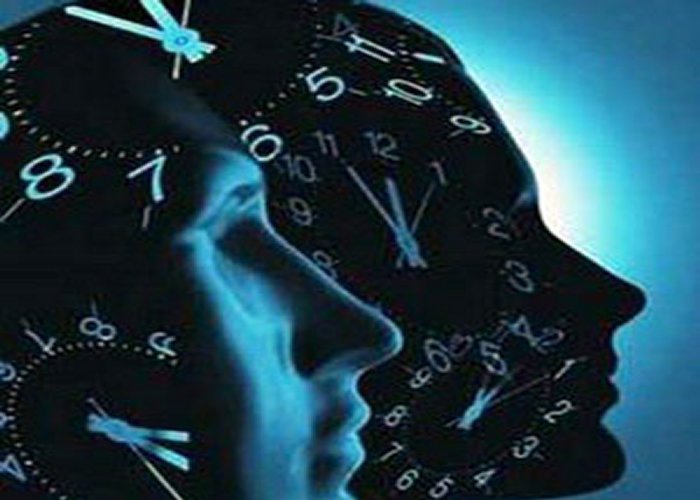MessageToEagle.com – Our brain has two clocks. We need both of them.
One type relies on memories from past experiences and the other on rhythm. Both are critical to our ability to navigate and enjoy the world. We have to calculate when we make move, to anticipate the timing of future events, and adjust attention and action accordingly.
The neural networks supporting each of these timekeepers are split between two different parts of the brain, depending on the task at hand, according to a new UC Berkeley research.

“Whether it’s sports, music, speech or even allocating attention, our study suggests that timing is not a unified process, but that there are two distinct ways in which we make temporal predictions and these depend on different parts of the brain,” lead author Assaf Breska, a postdoctoral researcher in neuroscience at UC Berkeley, said in a press release.
“Together, these brain systems allow us to not just exist in the moment, but to also actively anticipate the future,” said study senior author Richard Ivry, a UC Berkeley neuroscientist.
Breska and Ivry studied the anticipatory timing strengths and deficits of people with Parkinson’s disease and people with cerebellar degeneration. Their results suggest that if one of these neural clocks is misfiring, the other could theoretically step in.
“Our study identifies not only the anticipatory contexts in which these neurological patients are impaired, but also the contexts in which they have no difficulty, suggesting we could modify their environments to make it easier for them to interact with the world in face of their symptoms,” Breska said.
The study also confirms that the brain uses two different mechanisms for anticipatory timing, challenging theories that a single brain system handles all our timing needs, researchers said.
“Our results suggest at least two different ways in which the brain has evolved to anticipate the future,” said Breska.
“A rhythm-based system is sensitive to periodic events in the world such as is inherent in speech and music,” he added. “And an interval system provides a more general anticipatory ability, sensitive to temporal regularities even in the absence of a rhythmic signal.”
MessageToEagle.com






